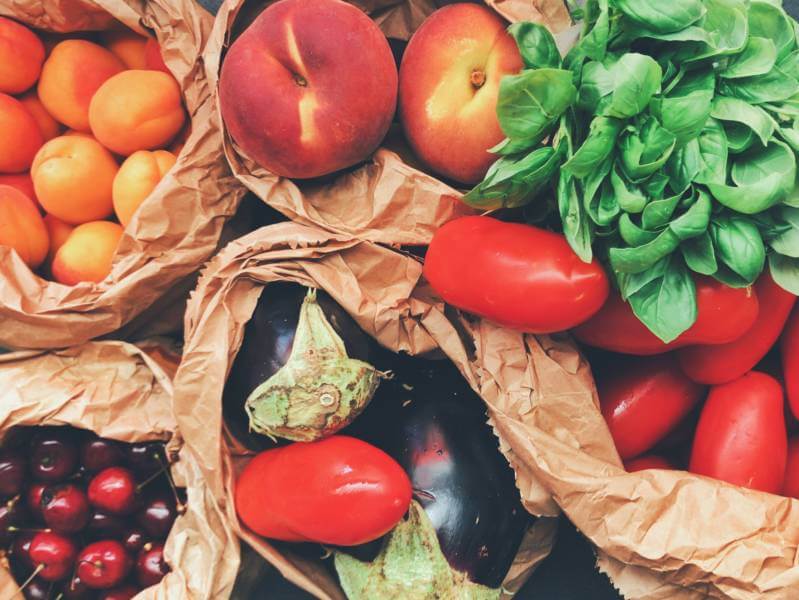Fruit Trade Finance (SIC 10320)

Access trade, receivables and supply chain finance
We assist companies to access trade and receivables finance through our relationships with 270+ banks, funds and alternative finance houses.
Get startedContent
What is Fruit Trade Finance?
Although strict tariff regimes on agricultural produce restrict imports in certain categories and contexts, the market for fruit best produced in other climates must always be underpinned by imports so long as consumers demand it. Consequently, importers form a well-established global industry with long-standing expertise in buying and transporting these products from around the world according to strict “just in time” supply chain requirements from retailers and wholesalers, and often use trade finance to manage the complex trade cycles within their accounts receivable.
Fruit Trade Finance
Although the current policy climate makes for an uncertain time for many global fruit traders, and the collapse of multilateral trade talks on agriculture tariffs means significant barriers to trade in fruit continue to exist, fruit traders have almost always operated (and thrived) in a business environment constricted in this way. Consumers continue to demand fruit products which either cannot be produced in their own countries, or can be produced much more efficiently in more suitable climates; the strength of this demand has ensured robust international trade in fruit for centuries.
In fruit, transportation is king, with widespread growth in the air freight market partly fuelled by increasing demand for fresh fruit products on a just in time basis. The logistics of completing air freight administrative requirements quickly and effectively, securing appropriate warehousing space, and arranging appropriate freight forwarding (such as refrigerated road freight) are all complexities which trade financiers can help fruit traders manage to complete profitable international transactions.
Products financed
Key e-commerce products financed include:
- Grapes
- Tropical Fruits
- Citrus Fruits
- Pome Fruits & Stone Fruits
- Tree & Bush Fruits & Nuts
- Oleaginous Fruits
Fruit Producer Finance Requirements
- You are an established trader with dependable revenue streams
- Your business is credit worthy
- Your proposed venture is underpinned by a clear business plan
How the transaction works
Trade Finance Global offers accounts receivable finance to firms by lending against the orders and invoices confirmed in their accounts, with financing packages tailored to the needs of both importers and exporters of products. This is hugely valuable for the fruit industry, as the sheer volume of transactions and transportation which must be conducted across borders in order to ensure buyers have consistent supplies of fruit can cause severe cashflow issues in otherwise healthy accounts receivable. After carefully analysing firms’ business plans, TFG can draw on hundreds on funding sources to find lending on bespoke terms which suit the constraints fruit traders operate under, and facilitate the transaction to ensure a profitable investment.
What is the SIC Code for Fruit Trade?
Businesses growing fruit are grouped under a series of six SIC codes varying by type of fruit:
SIC Code
1210
Growing of grapes
Other SIC Codes that could also be used are:
- 1220 Growing of tropical and subtropical fruits
- 1230 Growing of citrus fruits
- 1240 Growing of pome fruits and stone fruits
- 1250 Growing of other tree and bush fruits and nuts
- 1260 Growing of oleaginous fruits
Six further codes are reserved for businesses engaged in the manufacture, processing, wholesaling and retailing of fruit and fruit products:
- 10320 Manufacture of fruit and vegetable juice
- 10390 Other processing and preserving of fruit and vegetables
- 11030 Manufacture of cider and other fruit wines
- 46310 Wholesale of fruit and vegetables
- 46341 Wholesale of fruit and vegetable juices, mineral water and soft drinks
- 47210 Retail sale of fruit and vegetables in specialised stores
Separate information regarding sector-specific trade financing is also available for firms engaged in producing or trading Cereal, Crops and Oil Seeds; Spices and Aromatic Drugs; and Farming and Livestock.
Full tariff schedules for fruit and fruit products can be found on gov.uk.
Case Study

Agri-business, Fruit Finance
After a cool winter and a warm spring, a commercial fruit orchard in Lincolnshire harvested an unexpectedly large crop of cherries. Having identified a buyer in Germany for the excess goods, they approached Trade Finance Global to support the transaction. TFG were able to issue letters of credit on behalf of the buyer to the orchard to finance the transportation of the receivables, facilitating a successful, profitable international transaction.






















